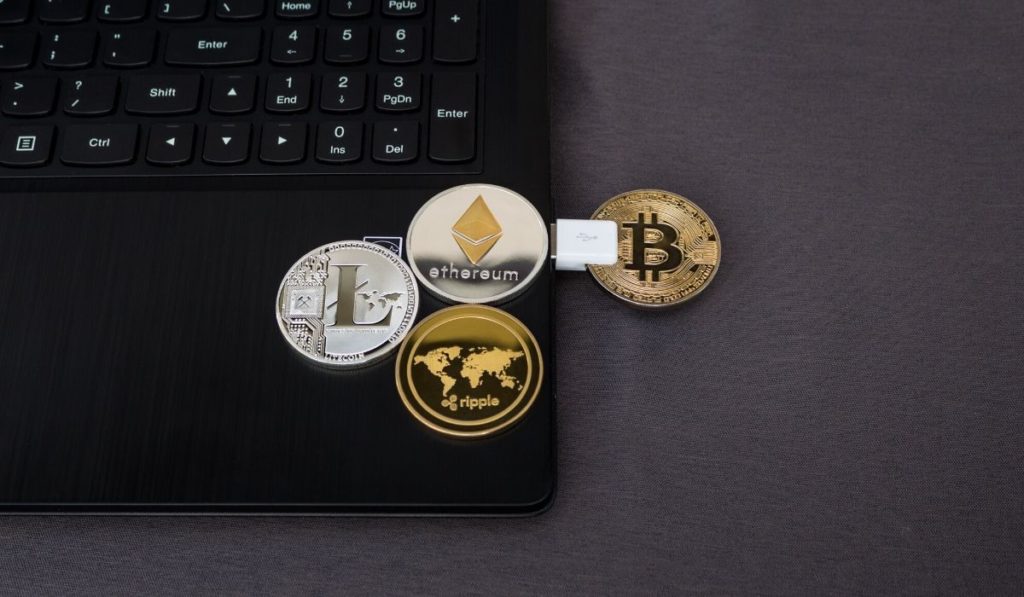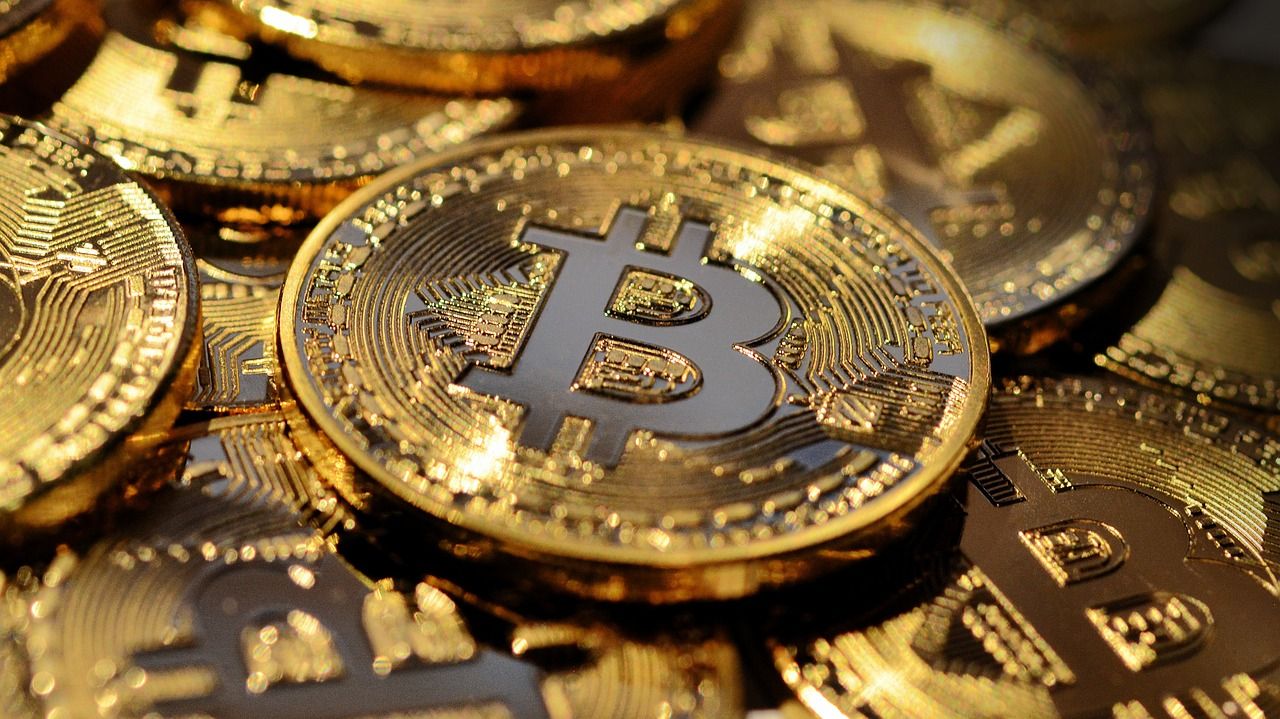2021-7-31 19:36 |
In order to keep pace with policy challenges and implement its mandate, the International Monetary Fund (IMF) will ramp up its resources to facilitate the transition to digital money.
In the paper, the IMF laid out its vision for its evolution. It also addressed how it will seek to partner with other organizations like central banks, regulators and the World Bank. While only published this week, the IMF discussed the March-dated paper in April.
Conditions for benefitsThe IMF began the paper discussing a few of the benefits offered by digital currencies. Some of these include the speed, ease, and economy of transactions afforded by the digital infrastructure. Additionally, their cross-border facilitation could also foster efficiency and inclusion.
However, the paper then offers some conditions it believes necessary to reap these benefits while appropriately managing risks. “First, new forms of money must remain trustworthy,” the paper declares. By this it means they should protect consumers, adhere to a legal framework and support financial integrity.
Next, the paper said that new forms of money should bolster domestic economic and financial stability. This would require carefully designed public-private partnerships, a smooth transition of the role of banks, and fair competition. Additionally, the paper stressed that digital money should be designed to support climate sustainability and efficient fiscal policy.
Finally, “digital money must be designed, regulated and provided so that countries maintain control over monetary policy, financial conditions, capital account openness, and foreign exchange regimes.” The paper then added that payment systems must also become increasingly integrated, not isolated.
The IMF’s mandateUltimately, the paper determined that the IMF must monitor, and advise, all its member states in this rapid transition to a digital economy. To do so, it offered four core competencies. The first is near universal membership. Next, a focus on macro financial policies and spillovers. Third, a diversity of expertise, and finally unique ties to member countries. This would consist of surveillance and capacity development through banks and ministries of finance.
Perhaps the IMF is seeking to reassess its mandate in regard to cryptocurrencies in light of their increasing use by member states. For instance on June 10, the IMF said that it foresaw a number of “macroeconomic, financial and legal issues” with El Salvador’s decision to make bitcoin legal tender.
The post IMF Lays Out Vision for Digital Money Transition appeared first on BeInCrypto.
origin »Bitcoin price in Telegram @btc_price_every_hour
Money ($$$) íà Currencies.ru
|
|











